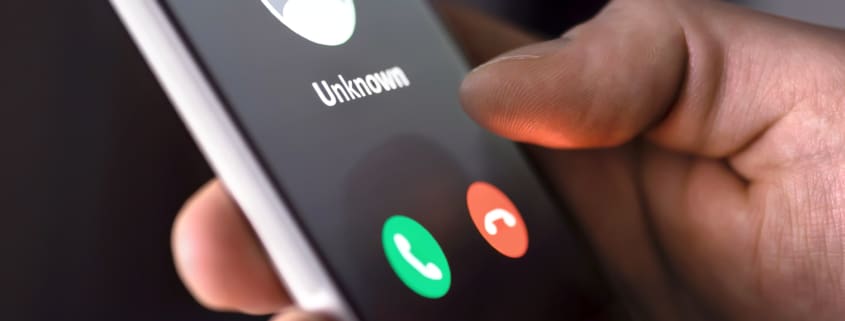Stimulus Check Scams are Prolific: Beware
Recently, there have been instances of financial scams targeting tax-paying individuals who have received their stimulus check or are still waiting on their stimulus payment. On April 16, the Virginia Coronavirus Fraud Task Force issued a warning of potential financial scams regarding the Economic Impact Payments that are distributing over the next few weeks.
Co-leader of the task force and the U.S Attorney of the Eastern District of Virginia, Zachary Terwilliger stated that “fraudsters are chomping at the bit to steal your money.” He also warned of “reports of criminals attempting to use various phishing techniques, including text messages, emails, and letters deliver through the mail, all attempting to steal your personal information or swindle you out of your economic impact payment.”
So what does this mean for you?
Be aware of the notifications from websites, phone calls, and text messages you are receiving. Ensure that you are using IRS-verified sites to find out more about your stimulus check. In any case, do not provide your personally-identifying information to anyone. Most people are running into these scams because they are unsure of how and when they will receive their payment.
The Economic Impact Payments will either be directly deposited into your bank account — if you receive your tax returns electronically — or a check will come to your home in the mail. Payments do not need to be confirmed, authorized, or activated; it is safe to assume any calls, emails, or text messages related to your stimulus check are coming from a fraudulent source.
To get updates on that status of your stimulus check, “Get My Payment” allows you to get the date your check is supposed to be deposited or mailed. To register for your Economic Impact Payment, for those you typically do not file tax returns, visit “Non-Filers: Enter Payment Info Here.” This website will take you from the IRS.gov site to a place called “Free File Fillable Forms,” which is a certified IRS partner. It is secure as long as you access it via IRS.gov.
The phishing schemes are using emails, letters, text messages, and links, and keywords like “Corona Virus,” “COVID-19”, and “Stimulus” in different ways to take your personal information. The Department of Justice is focusing on detecting, investigating, and prosecuting any wrongdoings related to the COVID-19 pandemic.
Remember never to share your personal information with anyone, and any information regarding your Economic Impact Payments will be available on IRS.gov. If you believe you have been a victim of a fraudulent attempt or scam, contact the National Center for Disaster. For more COVID-19 related resources, visit us.



